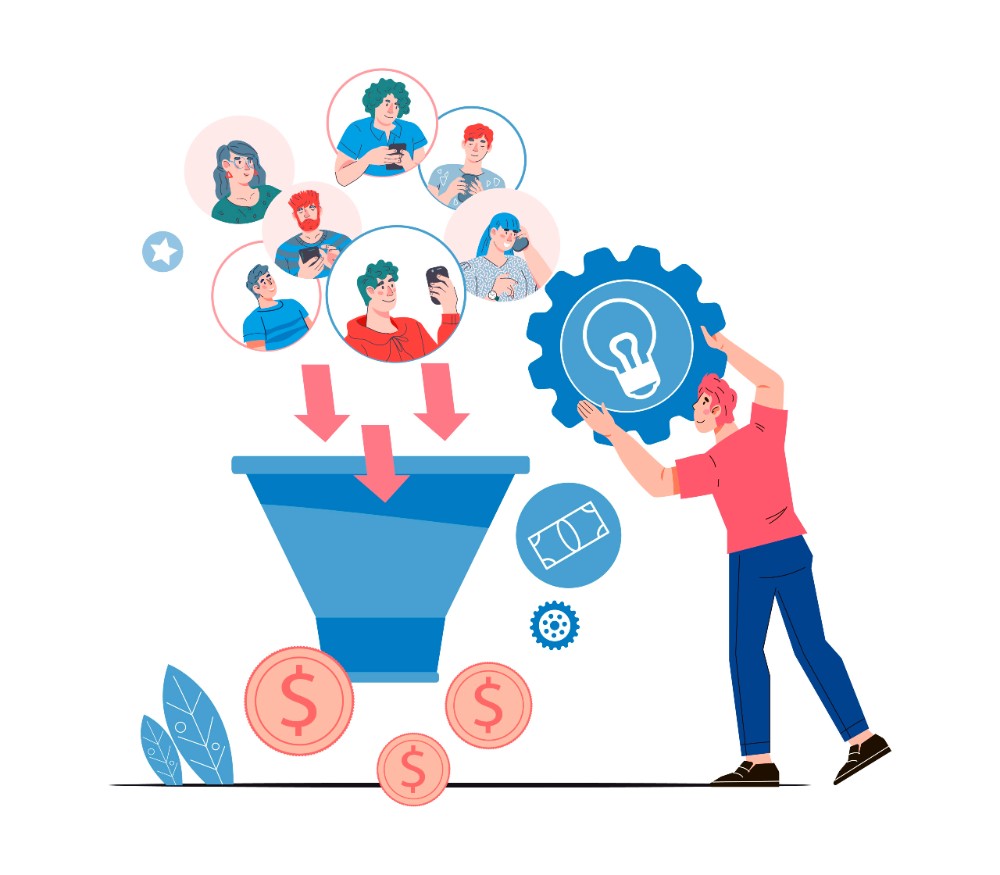Outsourcing has become a central strategy for companies looking to scale efficiently, reduce costs, or access specialized skills. But focusing solely on efficiency and savings can overlook a crucial element: the human side of outsourcing. Building trust, ensuring equity, and fostering long-term growth are just as important as technical performance.
Without attention to these human factors, outsourcing relationships can suffer from miscommunication, low morale, and high turnover. According to Deloitte (2024), nearly 50% of outsourcing failures are linked to poor cultural alignment and lack of trust between companies and their external teams.
This article explores how companies can approach outsourcing with a human-centered mindset, highlighting strategies to build trust, equity, and sustainable partnerships. It also shares examples, key metrics, and insights from successful organizations that prioritize people as much as profits.
Why the Human Side of Outsourcing Matters
Focusing on the human dimension is not a soft approach it’s a business imperative.
- Trust reduces friction: Teams perform better when they feel valued and respected.
- Equity drives retention: Fair treatment keeps top talent engaged.
- Long-term growth depends on relationships: Partnerships last longer when they are built on mutual respect.
Example: A study by McKinsey (2023) found that companies emphasizing cultural fit and trust with outsourced teams improved productivity by 20% compared to those focused solely on cost reduction.
Neglecting these factors can lead to misaligned expectations, communication breakdowns, and ultimately, project delays or failures.
Building Trust in Outsourcing Relationships
Trust is the foundation of any successful outsourcing partnership.
1. Communication and Transparency
Clear, frequent, and honest communication ensures everyone knows expectations and goals.
- Use collaboration tools like Slack, Trello, or Notion
- Schedule regular check-ins
- Share feedback openly
Example: A European company working with a team in India reduced errors by 35% after implementing weekly status calls and open reporting channels.
2. Consistency and Reliability
Delivering on promises consistently builds confidence.
- Meet deadlines and commitments
- Keep teams informed of changes promptly
- Honor agreements and contracts
3. Recognition and Appreciation
Acknowledging contributions strengthens engagement.
- Celebrate achievements
- Provide constructive feedback
- Offer opportunities for professional growth
Promoting Equity in Outsourcing
Equity ensures that all team members regardless of location have access to fair treatment, pay, and opportunities.
- Fair Compensation: Align wages with local and international standards.
- Equal Opportunities: Provide training, career development, and promotions for remote teams.
- Inclusive Practices: Respect diversity, culture, and language differences.
Data from ILO (2024) shows that organizations with equitable practices have a 30% lower turnover rate and higher employee satisfaction.
Equity is not just ethical; it improves productivity and loyalty in outsourced teams.
Strategies for Long-Term Growth
Sustainable outsourcing requires a long-term mindset. Treat external teams as partners, not temporary resources.
1. Invest in Training and Upskilling
Help outsourced employees develop skills that benefit both them and the company.
- Offer online courses and workshops
- Provide mentoring programs
- Encourage skill certifications
2. Foster Career Pathways
Long-term growth comes from clear progression opportunities.
- Assign meaningful projects
- Encourage cross-functional roles
- Promote internal mobility
3. Build Community
Remote teams can feel isolated; community strengthens engagement.
- Virtual team-building events
- Online forums for knowledge sharing
- Social recognition programs
Example: Talenteum, a platform connecting African professionals with global companies, emphasizes community and mentorship, resulting in 85% of professionals reporting higher engagement.
Measuring the Human Impact
To ensure outsourcing is both efficient and humane, track key metrics:
- Employee engagement scores
- Turnover rates
- Project quality and timeliness
- Feedback from client and outsourced teams
Regular measurement allows companies to adjust practices and maintain trust, equity, and performance.
Common Mistakes to Avoid
Even companies with good intentions can make errors:
- Focusing only on cost: Ignoring human factors leads to disengagement.
- Neglecting cultural alignment: Misunderstandings slow progress and reduce morale.
- Lack of feedback loops: Teams without feedback feel undervalued.
- Short-term thinking: Treating outsourced staff as temporary reduces loyalty and productivity.
A Deloitte report highlights that 70% of outsourcing challenges stem from human-related issues, not technical failures.
Outsourcing is not just about cost savings or technical efficiency; it’s about people. Companies that focus on trust, equity, and long-term growth benefit from stronger partnerships, more engaged teams, and sustainable performance.
The human side of outsourcing is a strategic advantage. By investing in fair treatment, career development, and meaningful relationships, businesses can achieve both ethical impact and financial success.
👉 Take action: Evaluate your outsourcing practices today. Are you prioritizing the human side as much as operational efficiency? Building trust and equity isn’t optional it’s the future of successful outsourcing.
FAQ – Human-Centered Outsourcing
Trust ensures smoother collaboration, fewer misunderstandings, and higher productivity.
By offering fair pay, career development, and inclusive practices for all team members.
High turnover, low morale, project delays, and damaged client relationships.
Yes, with training, clear career paths, and community engagement, teams can thrive long-term.
Use metrics like engagement scores, turnover, project quality, and feedback surveys.
Collaboration platforms (Slack, Trello), regular meetings, and transparent reporting.
Acknowledgement improves motivation, loyalty, and overall performance.
Cultural alignment reduces misunderstandings and strengthens collaboration.

👉 Contact us to discuss your project and avoid the pitfalls of international outsourcing, or explore our tech platform at: www.breedj.com




